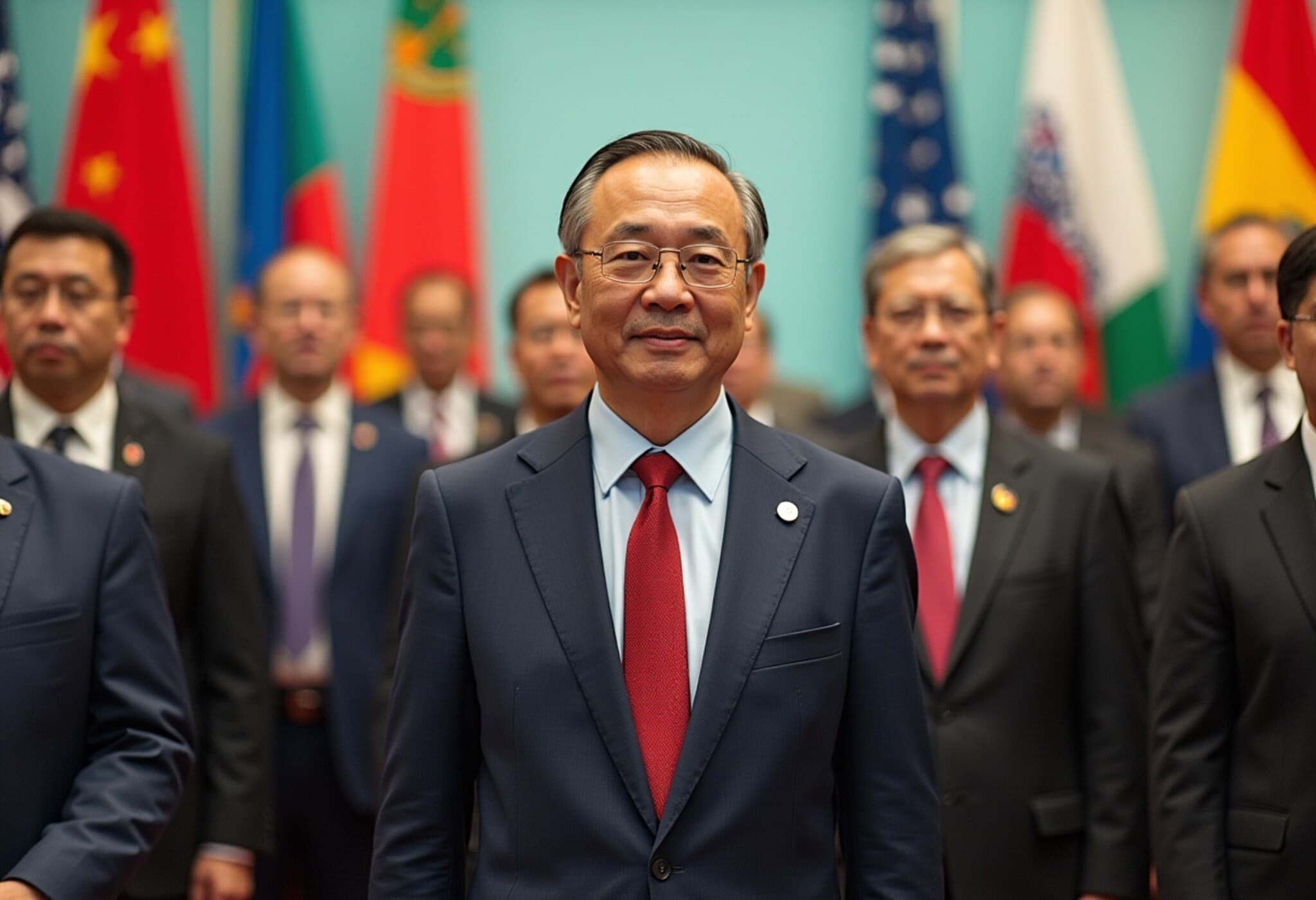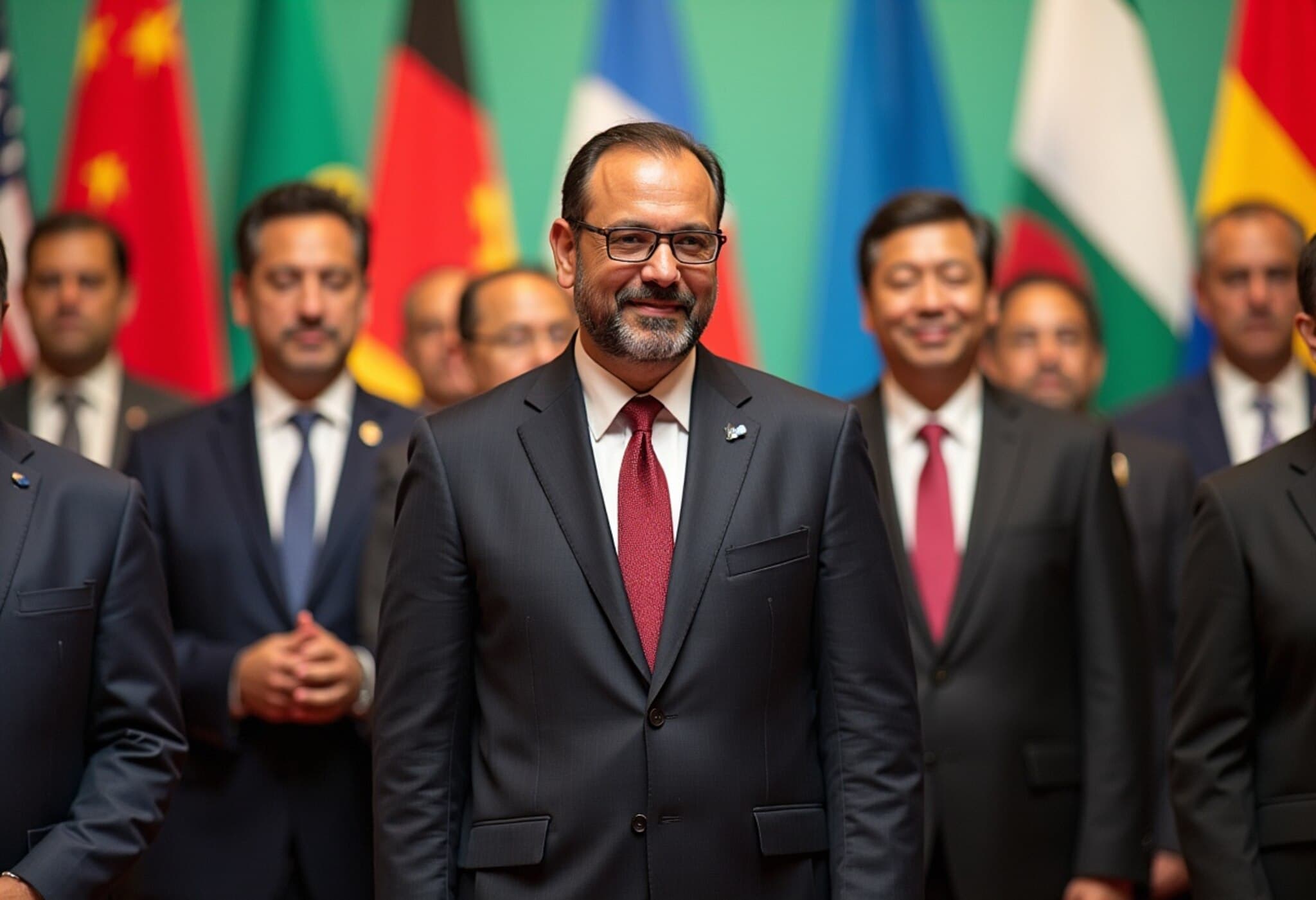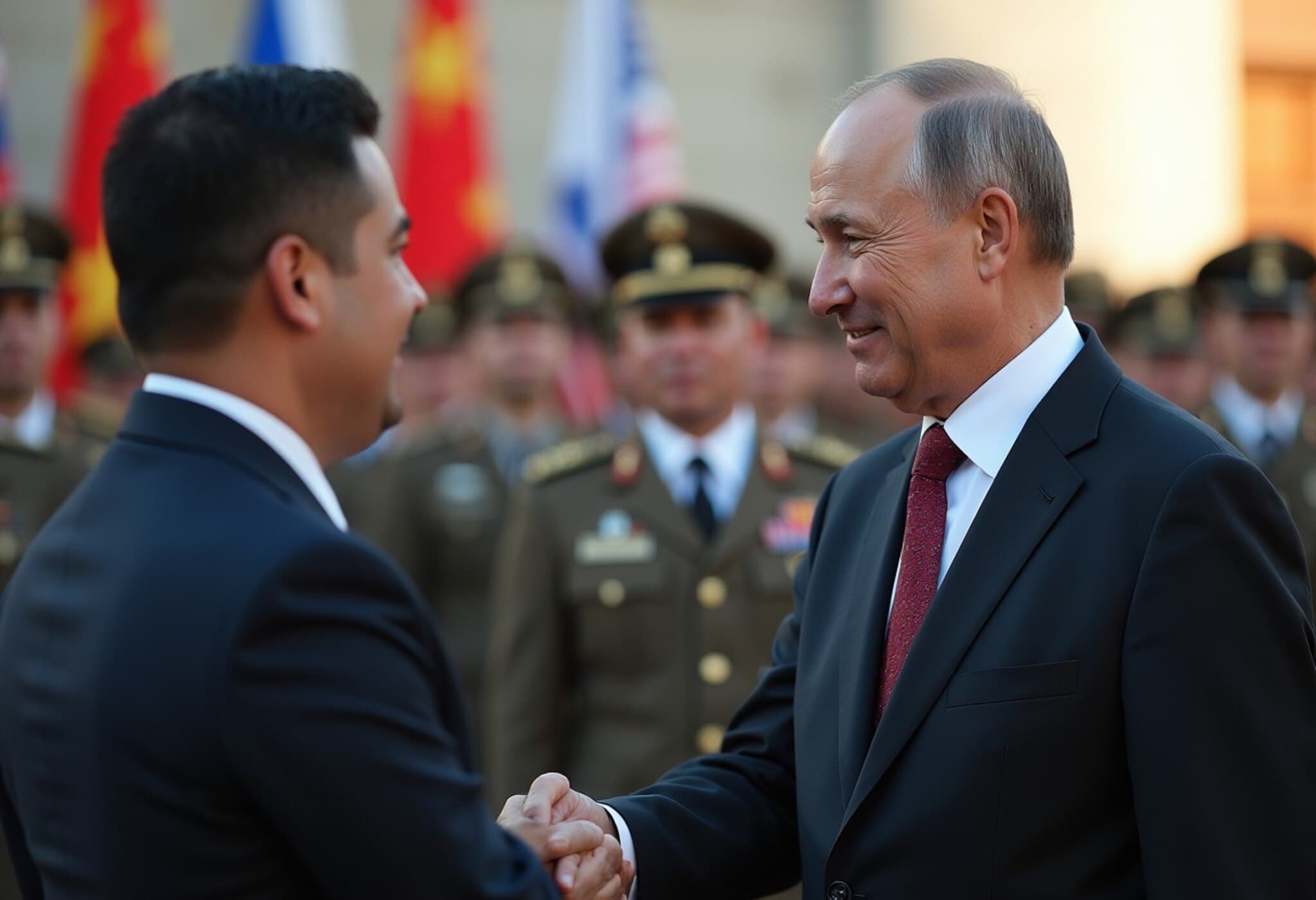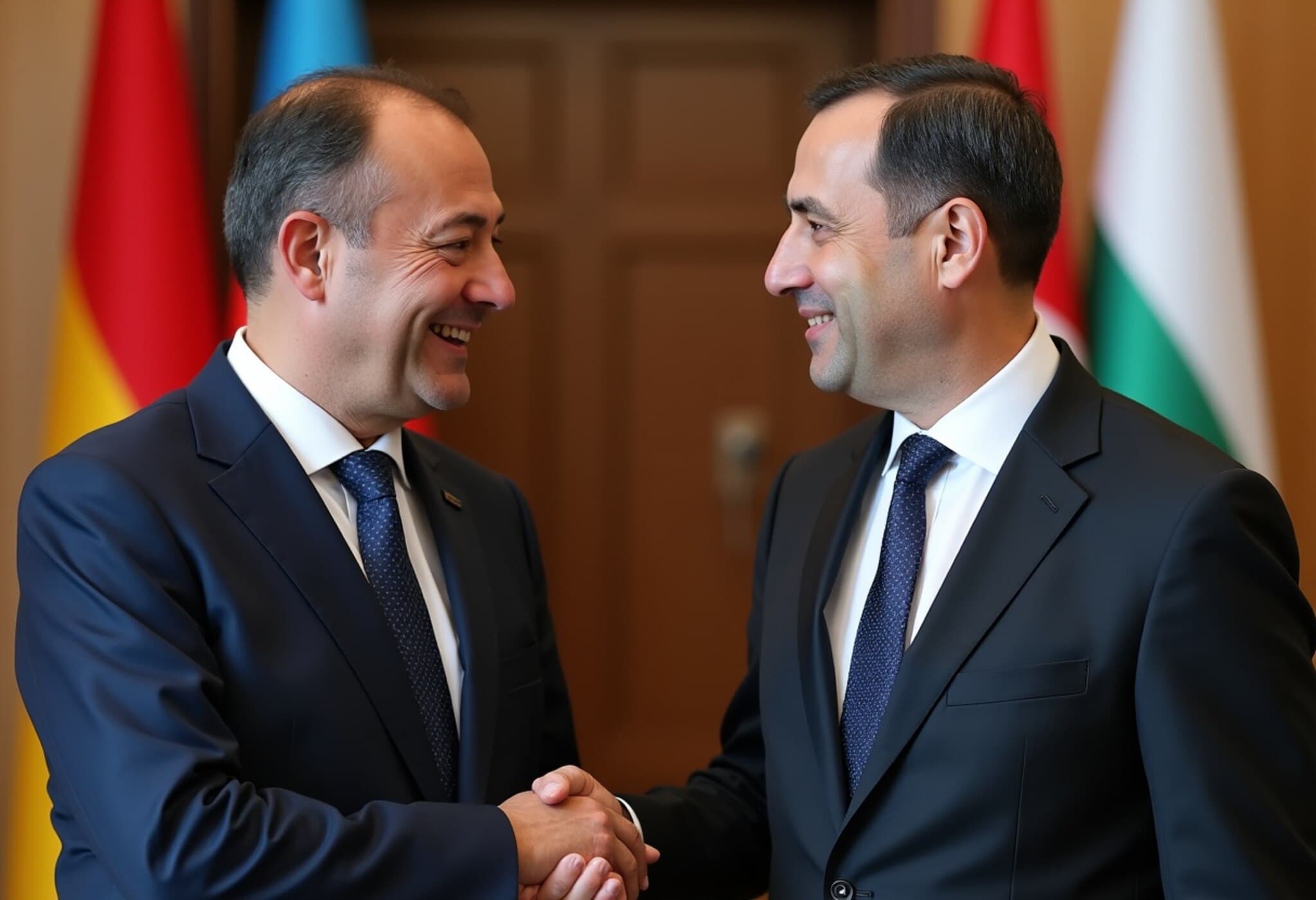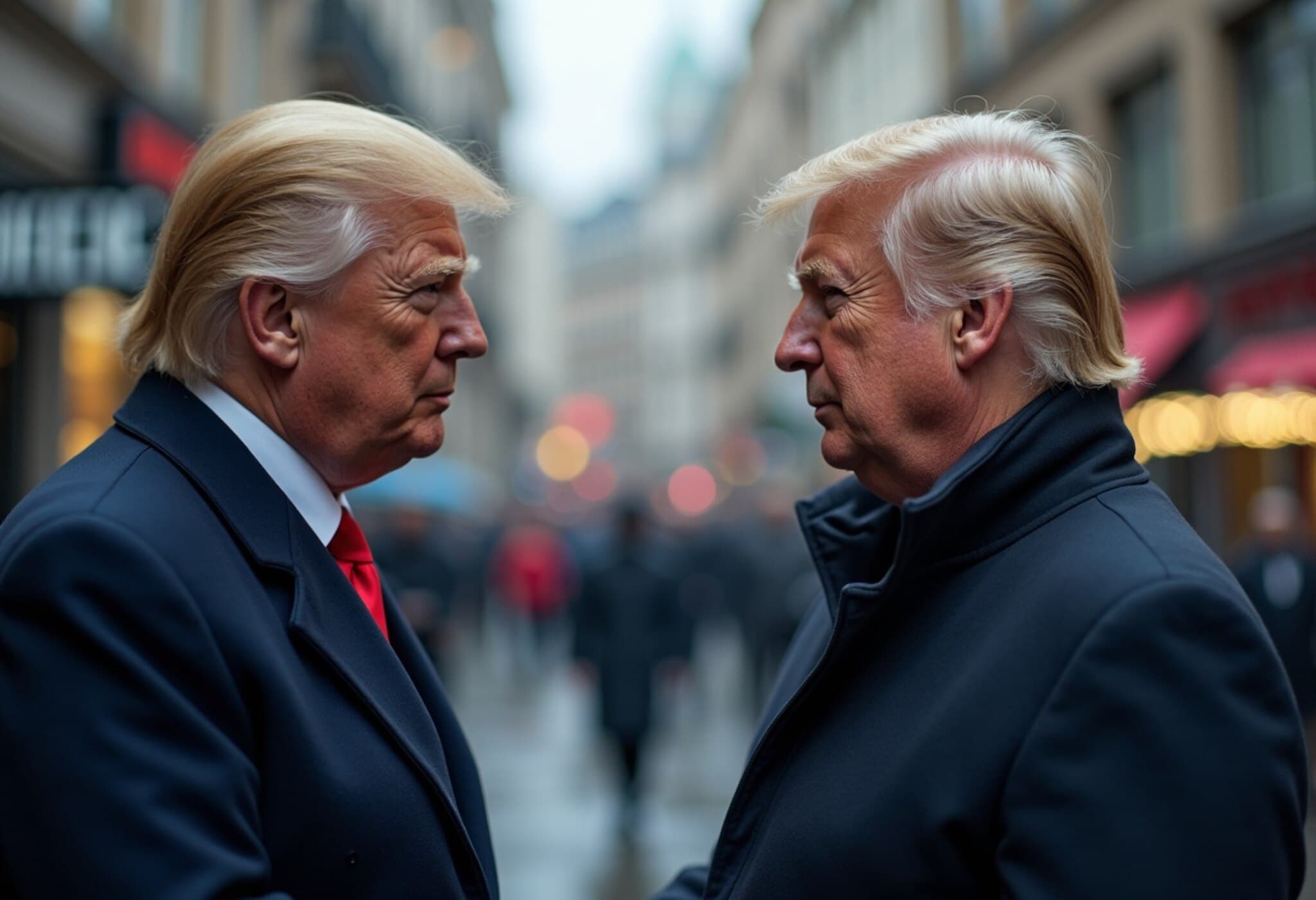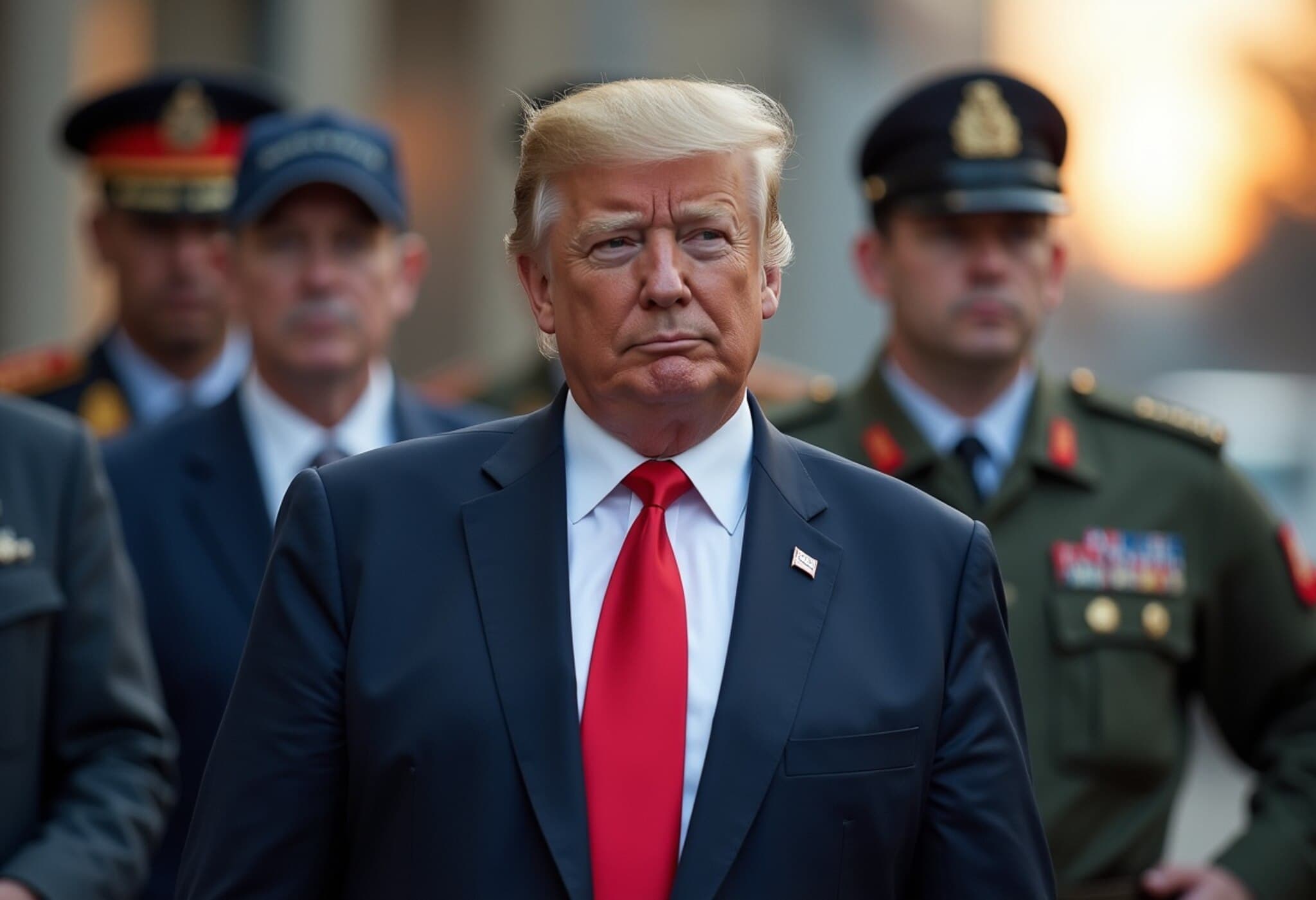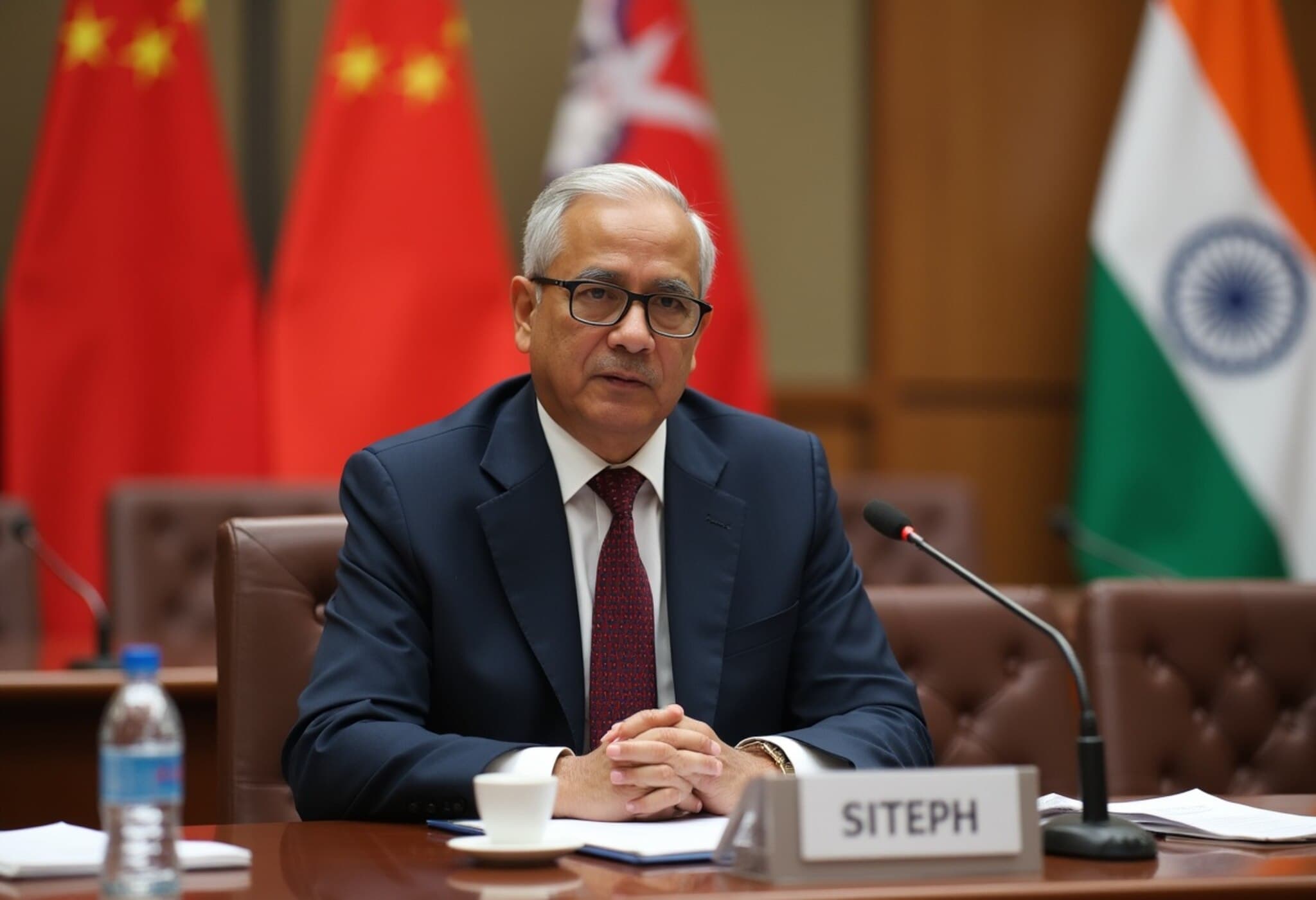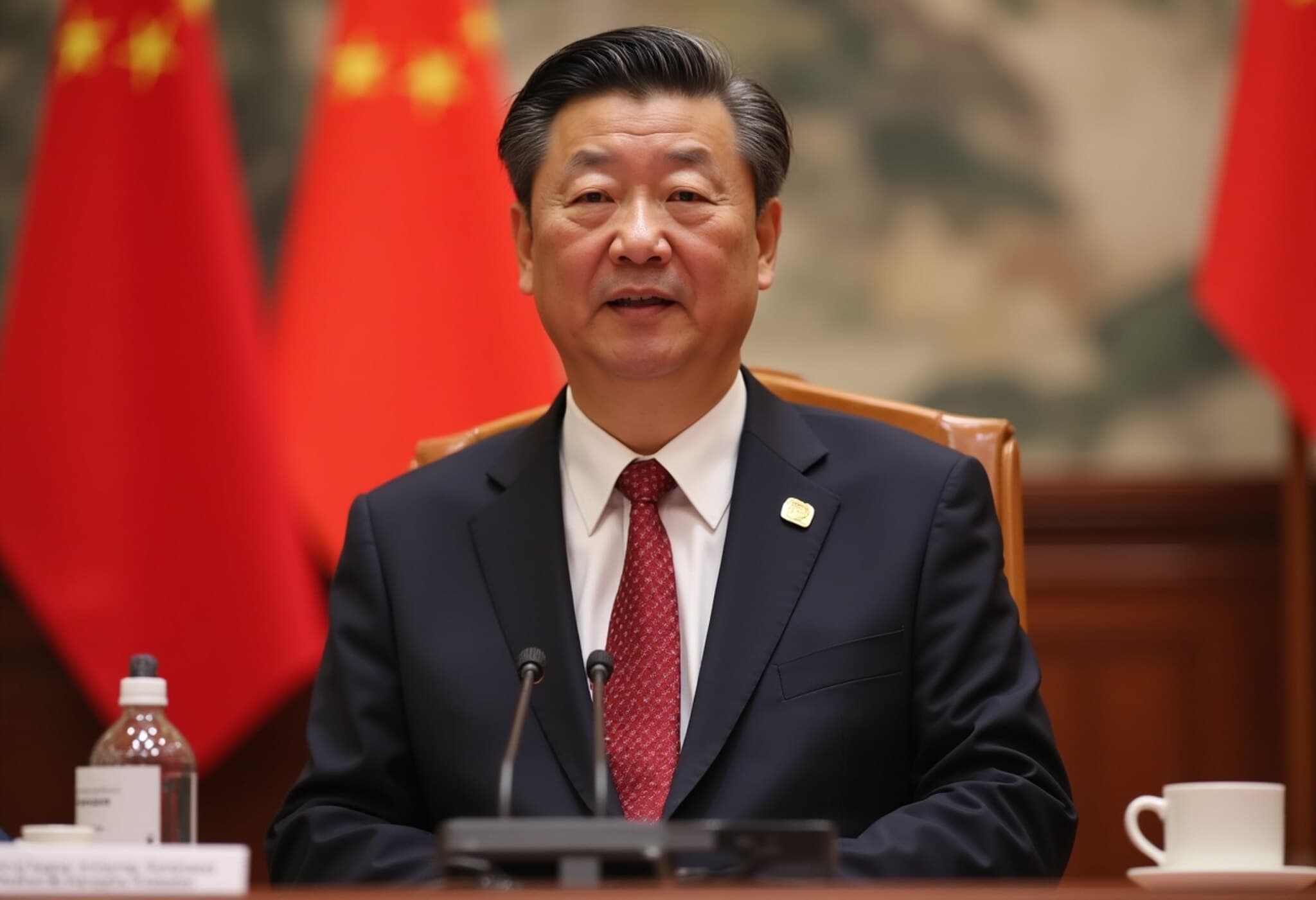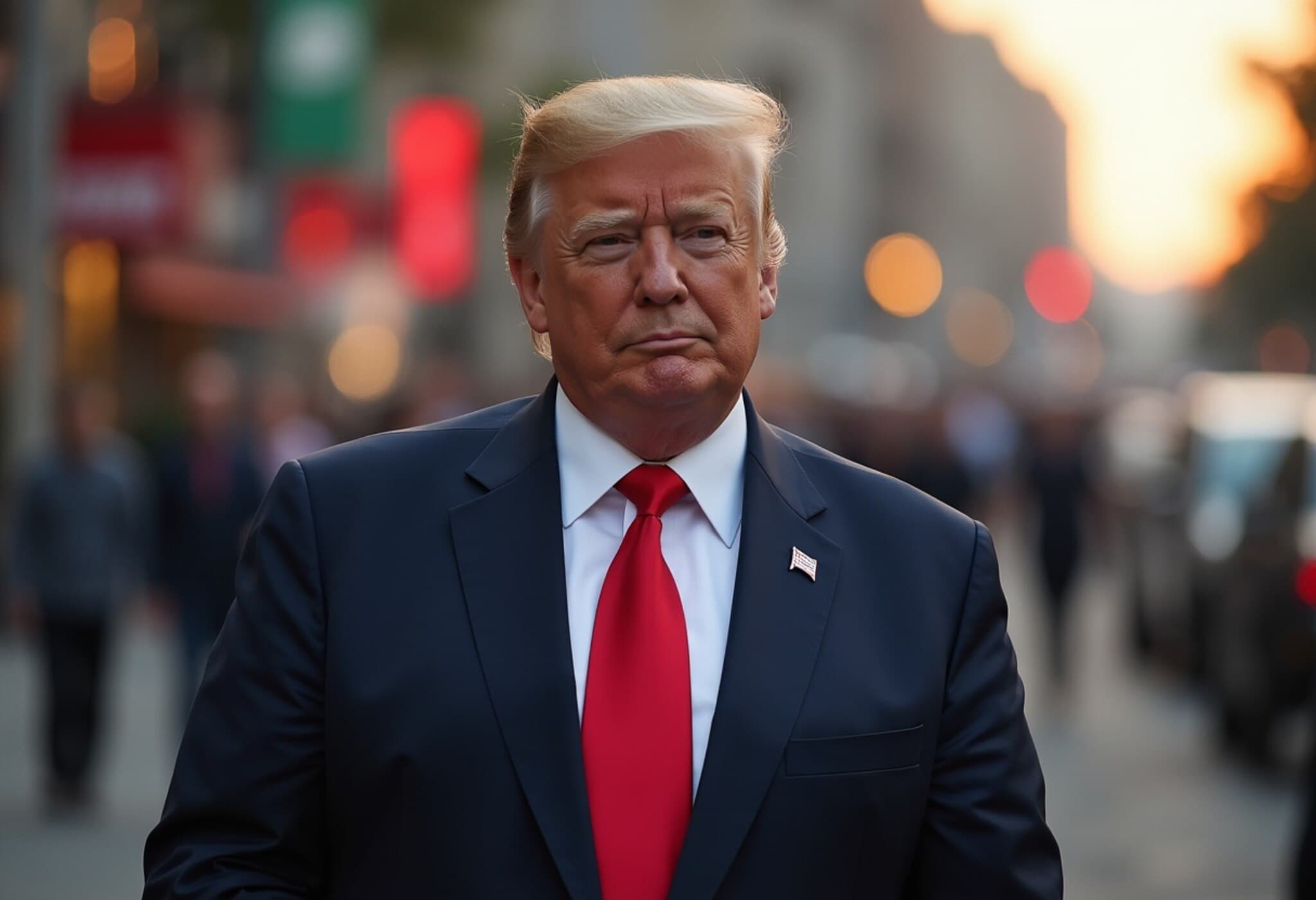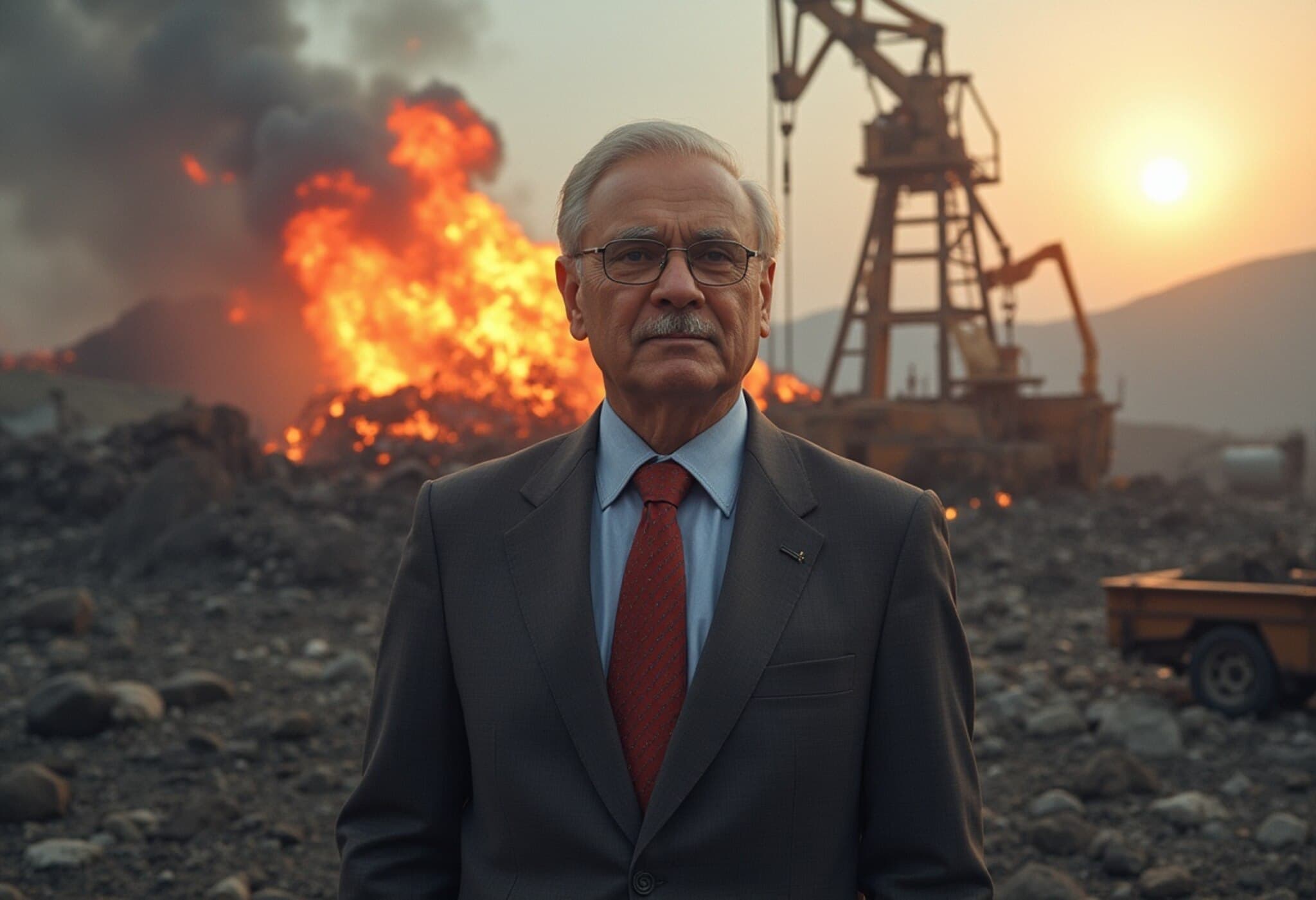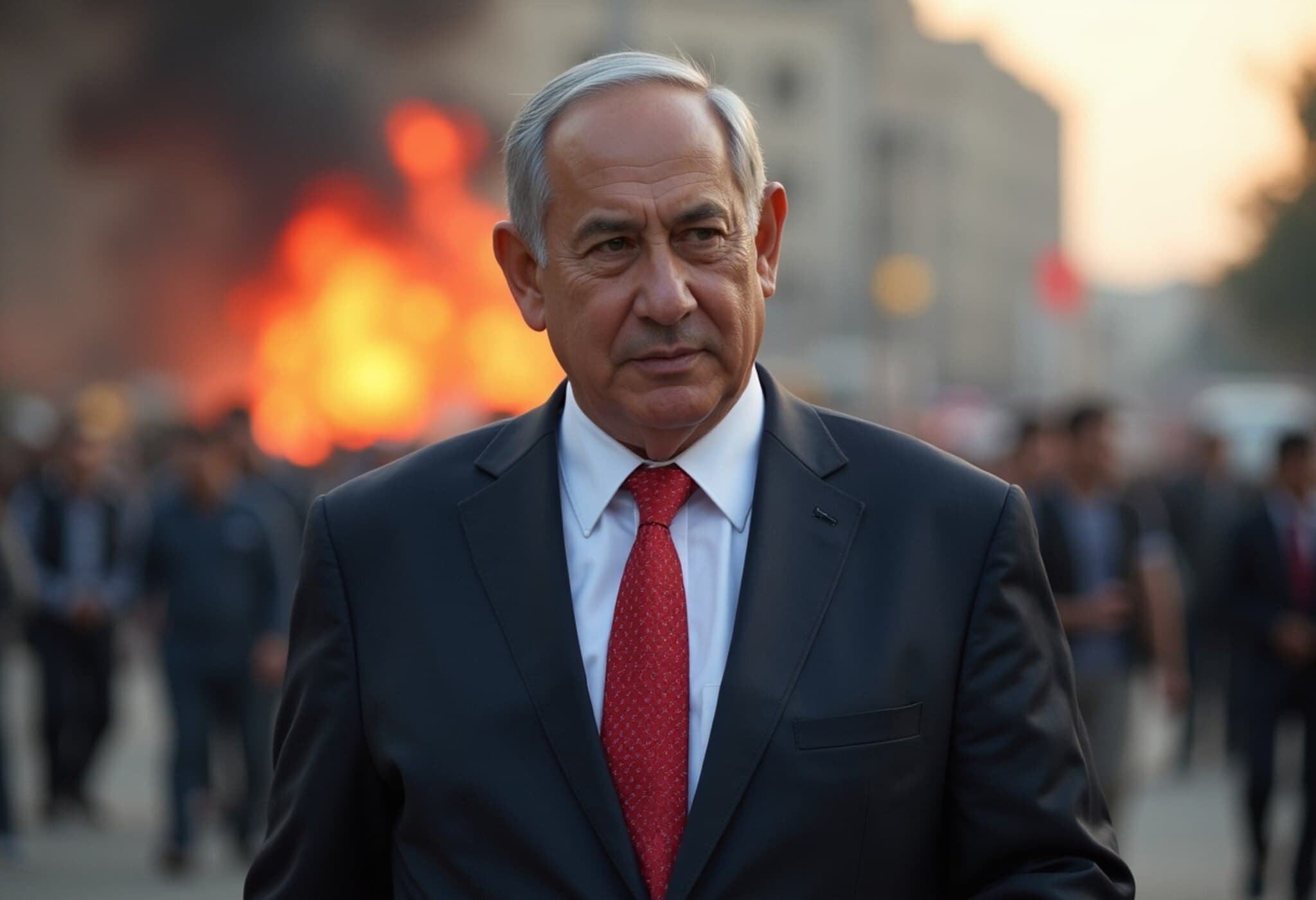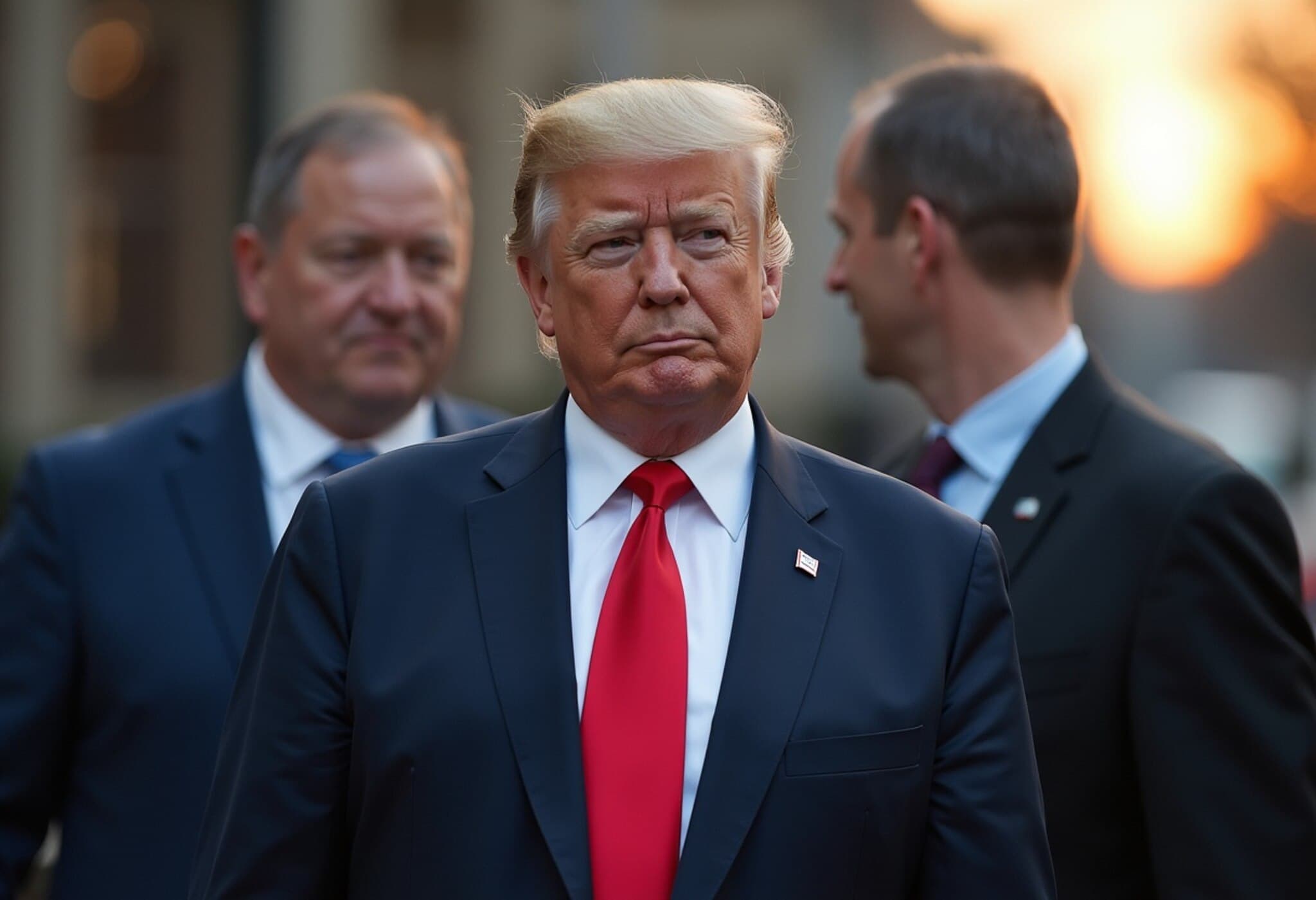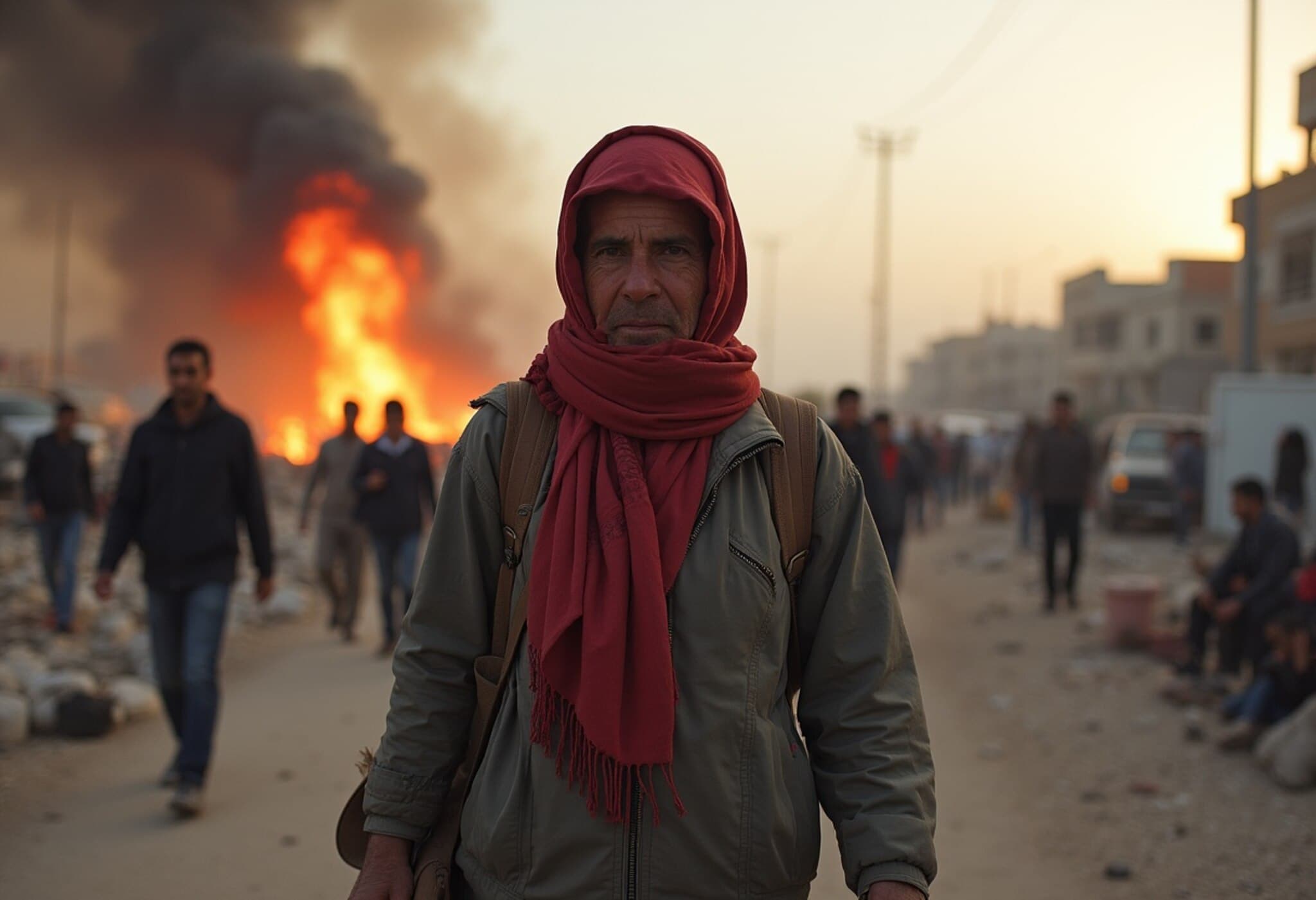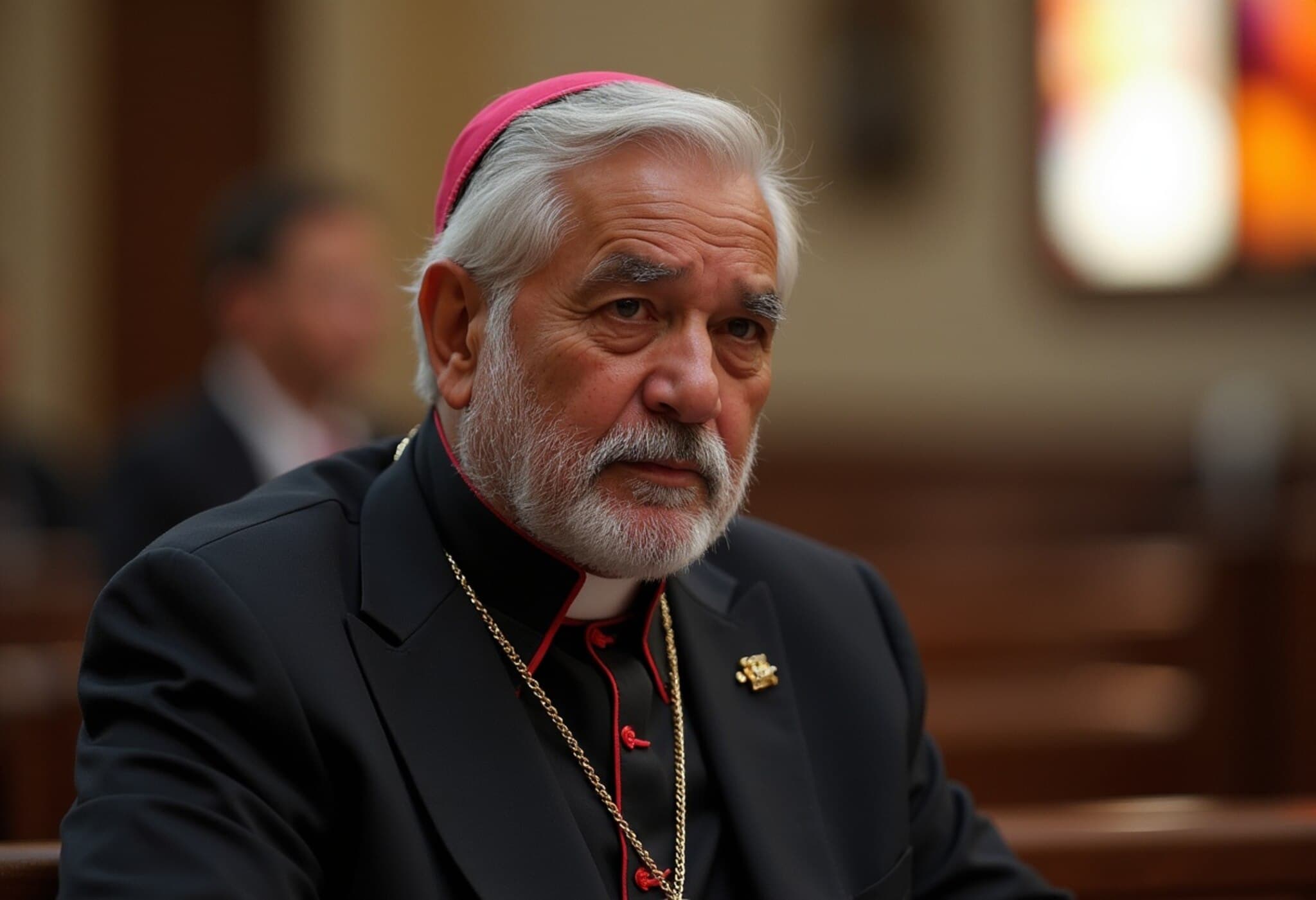US Imposes Sanctions on UN Special Rapporteur Francesca Albanese
In a rare and significant diplomatic move, the United States has imposed sanctions on Francesca Albanese, the United Nations special rapporteur tasked with investigating human rights issues in Palestine. This action marks a notable escalation in the contentious political landscape surrounding the Israeli-Palestinian conflict, representing the first time the US has directly sanctioned a UN official.
Sanctions Cited Under Trump-Era Executive Order
Announced by Secretary of State Marco Rubio, the sanctions invoke an executive order signed in February by former President Donald Trump. This order targets individuals alleged to have supported investigations by the International Criminal Court (ICC) into US or Israeli nationals—a jurisdiction the US does not recognize.
Rubio accused Albanese of engaging in "biased and malicious activities" unfit for her position, going as far as accusing her of antisemitism, support for terrorism, and contempt toward the US, Israel, and Western nations. He highlighted her recommendation that the ICC issue arrest warrants against key Israeli officials, including Prime Minister Benjamin Netanyahu and former Defence Minister Yoav Gallant, actions perceived by Washington as politically motivated.
Background: ICC Proceedings and Netanyahu’s Washington Visit
The ICC's issuance of arrest warrants in November has added fuel to a long-standing geopolitical fire. Israeli Prime Minister Netanyahu's subsequent visit to Washington, where he met with Trump and senior US officials, underscored the growing diplomatic complexity.
Notably, neither the US nor Israel are parties to the ICC's founding Rome Statute, rejecting the court’s legal reach over their citizens—a key factor underpinning recent US actions to shield allies from ICC scrutiny.
Albanese’s Controversial Role and Response
Francesca Albanese, unrelated to Australian Prime Minister Anthony Albanese, has been a vocal critic of Israel’s military operations in Gaza, describing them as genocidal. Her outspoken stance has drawn fierce opposition, with some Israeli activist groups lobbying the US government to sanction her. Hillel Neuer, executive director of the watchdog group UN Watch, praised the sanctions, declaring that Albanese would be barred from spreading what he calls "poison" on American campuses.
Albanese's recent demands for European countries—Italy, France, and Greece—to justify allowing Netanyahu's flight through their airspace further illustrate the heightened tensions. These countries face potential legal and diplomatic quandaries regarding ICC arrest obligations.
Wider Context: Gaza Conflict and Global Repercussions
The controversy unfolds against the backdrop of intense conflict in Gaza, where Palestinian casualties have soared amid Israeli military responses to Hamas attacks. Albanese’s claims have sparked criticism from several governments, including France, which disputes her characterizations of the situation.
During a 2023 visit to Australia, Albanese openly challenged Australia’s role in the conflict and called for peace with Hamas despite the brutal October 7 attacks. The backlash included organized campaigns to curtail her media appearances, reflecting the global polarization on the Israel-Palestine issue.
Implications of the Sanctions
- Albanese faces a US entry ban and asset freezes under the executive order.
- The sanctions signal a hardening US stance against what they describe as politically motivated legal actions targeting Israel.
- The move underscores broader US efforts to protect its sovereignty and that of its allies against perceived "lawfare" tactics.
- Albanese's work with the UN and its human rights mechanisms may face increased challenges due to the diplomatic fallout.
Expert Insight: What This Means for International Law and Diplomacy
International law experts note that this unprecedented sanction raises complex questions about the autonomy of UN human rights investigators and the balance between political interests and accountability. The US decision potentially undermines multilateral efforts to impartially address human rights concerns while signaling robust defense of allied nations against ICC jurisdiction.
Policy analysts caution that this could set a troubling precedent, weakening international mechanisms designed to investigate potential war crimes and human rights abuses. Moreover, the politicization of such mandates risks eroding trust in the United Nations' role as a neutral arbiter.
Looking Ahead: Ceasefire Prospects and Political Dynamics
Amid these legal and diplomatic developments, former President Trump indicated there could be a "very good chance" of a ceasefire in Gaza soon, a prospect tied closely to Netanyahu’s engagements in Washington. However, he elaborated that no guarantees exist, and sticking points remain—such as Israel’s potential to resume hostilities after a 60-day pause.
The evolving situation emphasizes the intertwined nature of diplomacy, law, and humanitarian concerns in one of the world’s most enduring and volatile conflicts.
Editor’s Note
The US sanctions against Francesca Albanese mark a striking intersection of international law, politics, and human rights. While proponents argue it defends national sovereignty and allies, critics warn it may stifle independent investigation and accountability. As global powers navigate the fraught Israel-Palestine conflict, questions about the future role and protection of UN human rights defenders remain urgent. How can the international community balance justice with geopolitical interests? And what impact will this have on prospects for peace and human rights in the region?


